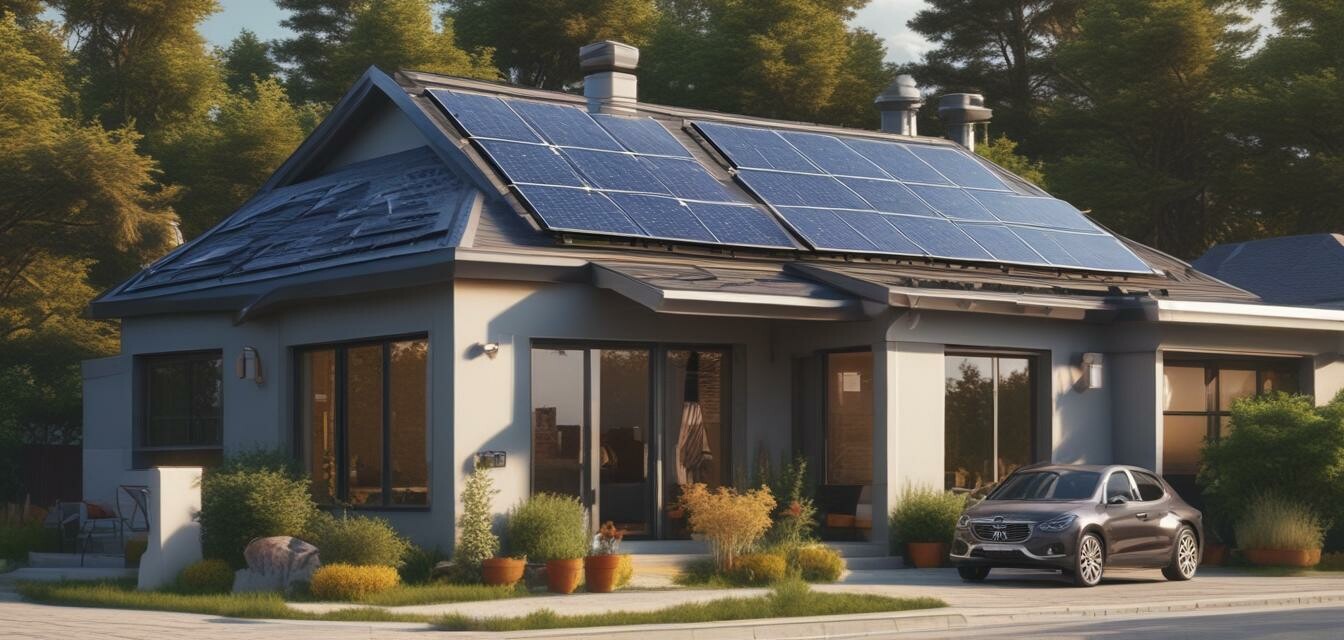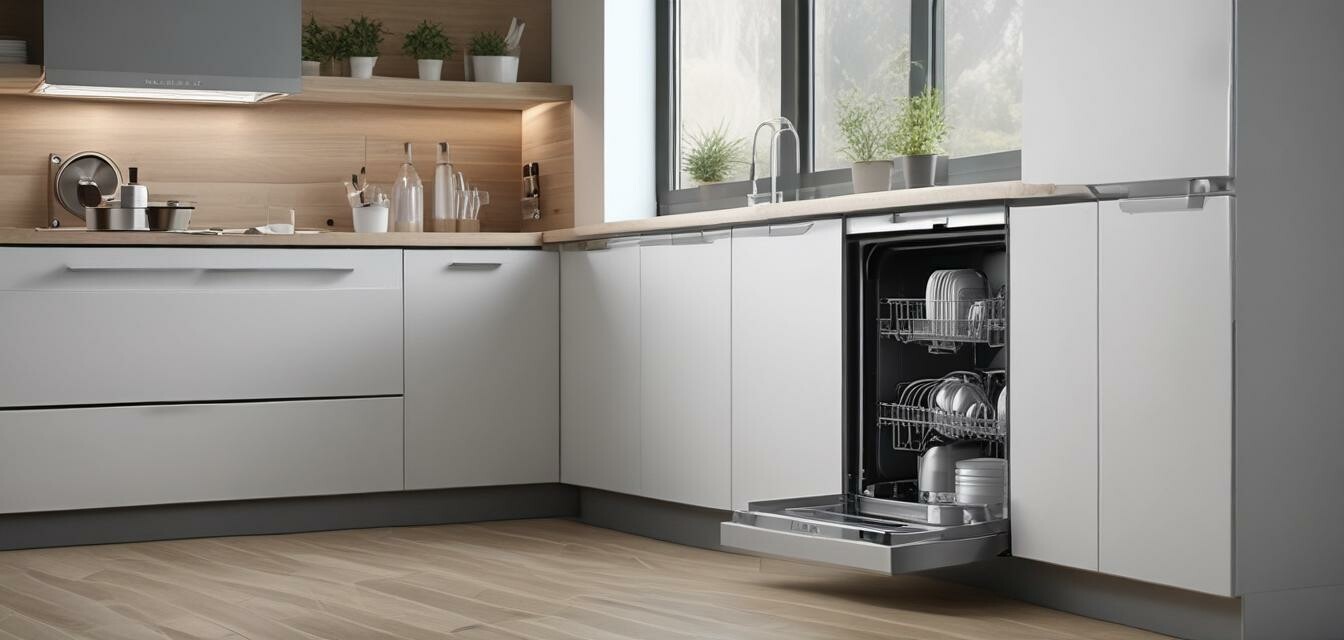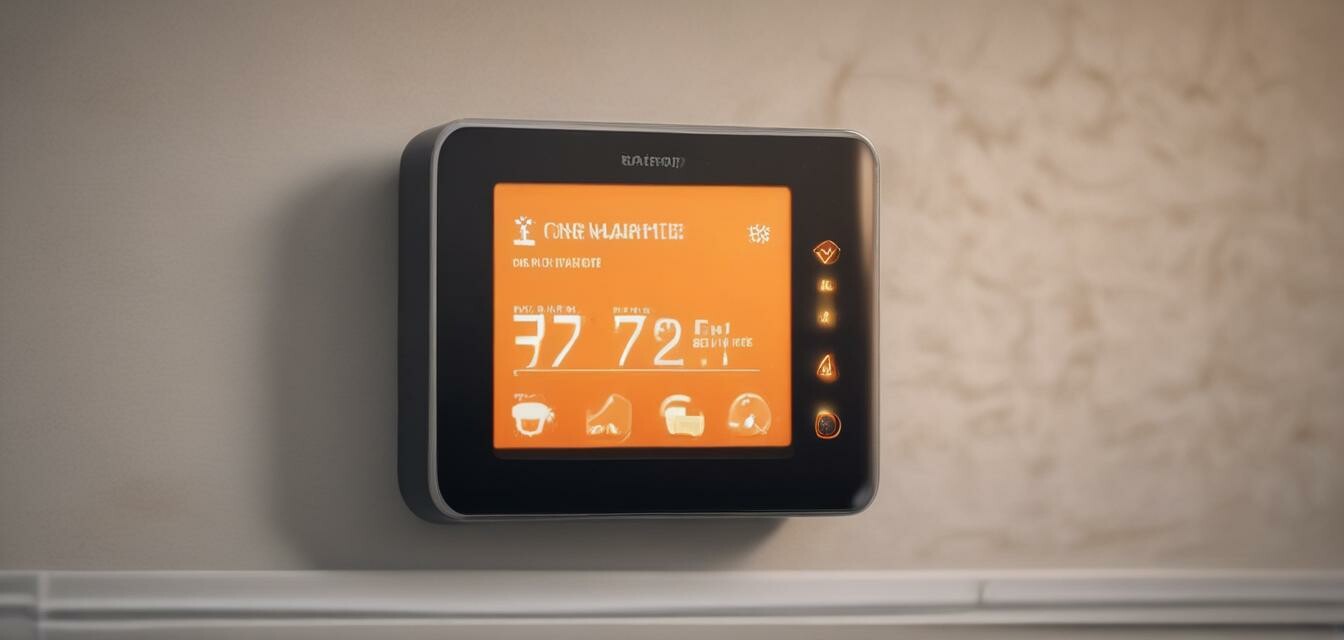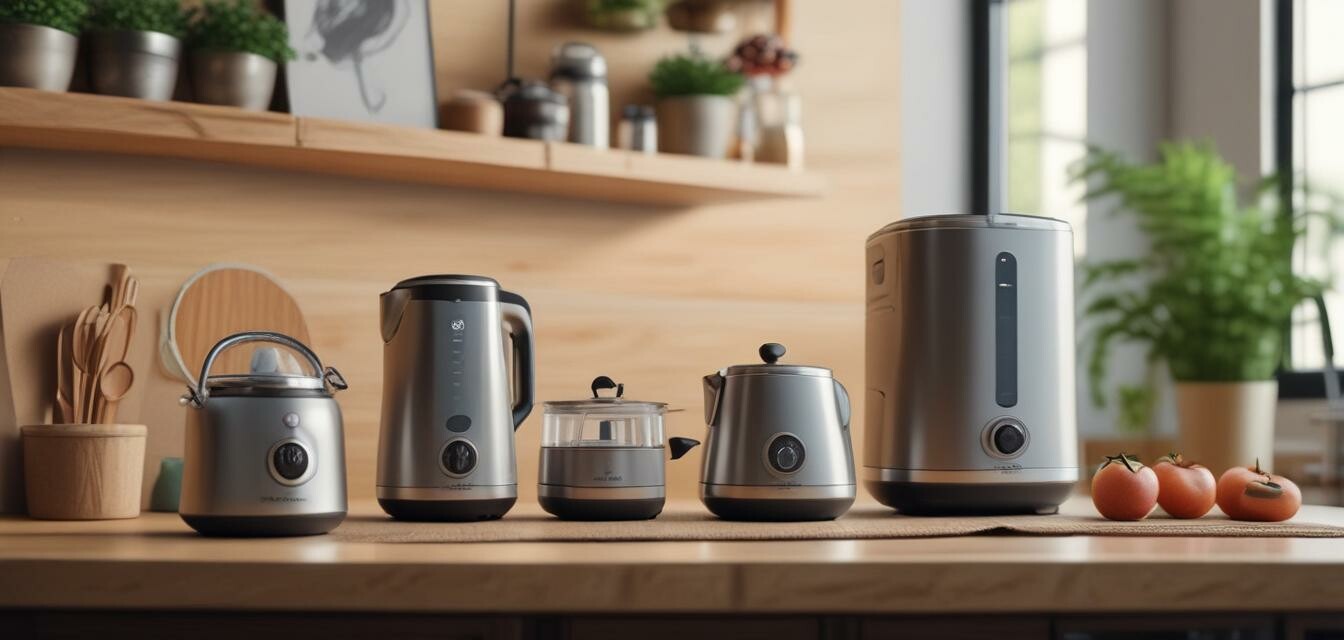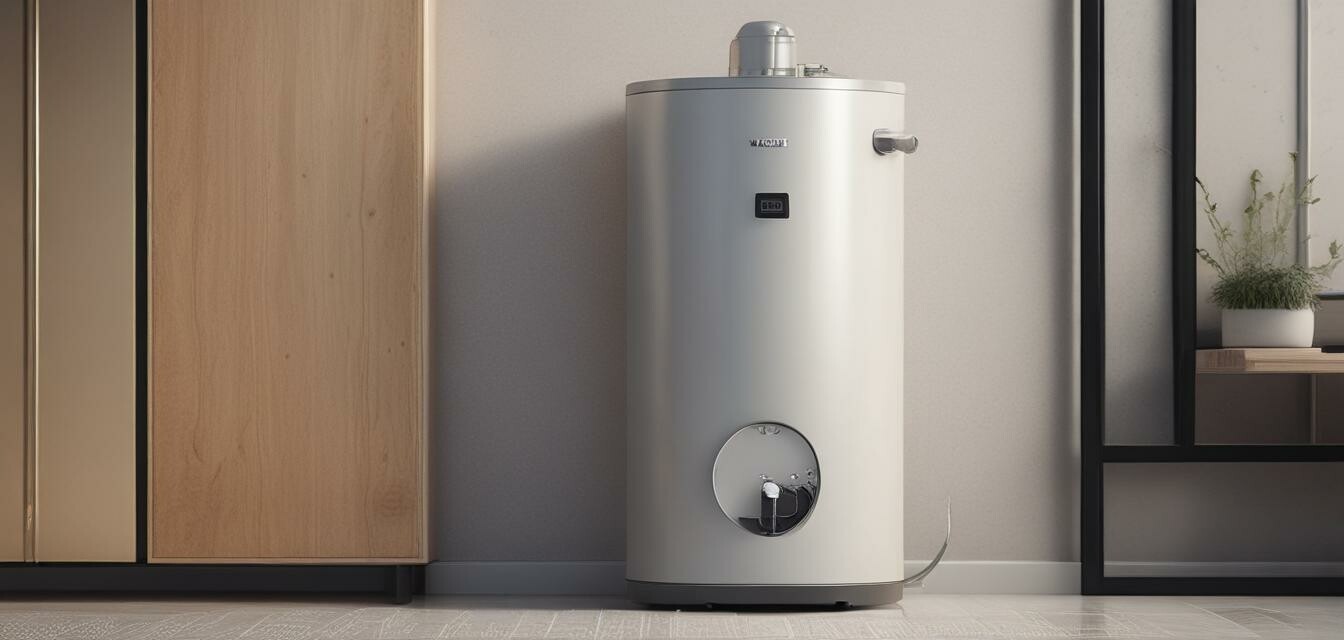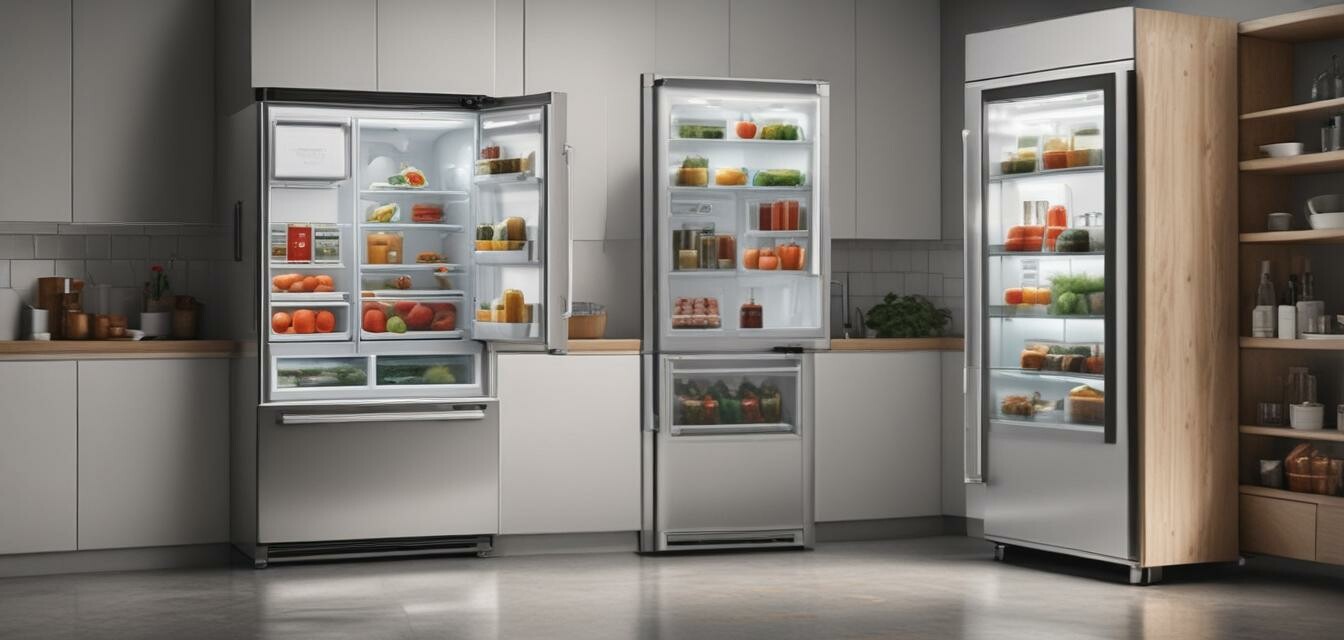
Energy Efficient Refrigerators
Key Takeaways
- Energy-efficient refrigerators save electricity and reduce carbon footprint.
- Look for ENERGY STAR certification for the best options.
- Consider size, features, and technologies when choosing a refrigerator.
- Regular maintenance can improve energy efficiency.
In today's world, choosing an energy-efficient refrigerator is more important than ever. Not only do these appliances help reduce electricity bills, but they also contribute to a healthier planet. In this article, we will explore the benefits of energy-efficient refrigerators, what to look for when buying one, and some of the best features available on the market.
Benefits of energy-efficient refrigerators
- Lower energy costs
- Reduced environmental impact
- Advanced technology for better food preservation
- Longer lifespan compared to traditional models
What to look for in an energy-efficient refrigerator
1. ENERGY STAR certification
One of the first things to check is whether the refrigerator has the ENERGY STAR certification. This label indicates that the appliance meets strict energy efficiency guidelines set by the U.S. Environmental Protection Agency.
2. Size and capacity
Choose a size that fits your kitchen and meets your storage needs. Larger refrigerators tend to use more energy, so select the right size for your household.
3. Features and technologies
Modern refrigerators come with various features designed to enhance energy efficiency. Some of these include:
- Inverter technology
- LED lighting
- Smart temperature control
- Energy-saving modes
4. Maintenance
Regular upkeep can significantly impact your refrigerator's efficiency. Clean the coils, check door seals, and avoid overloading to keep it running optimally.
Energy-efficient refrigerator technologies
Below is a table highlighting some innovative technologies used in energy-efficient refrigerators:
| Technology | Description |
|---|---|
| Inverter Compressor | Adjusts the cooling power according to the load, saving energy. |
| LED Lighting | Uses less energy and provides better illumination than traditional bulbs. |
| Smart Sensors | Detects temperature changes and adjusts cooling automatically. |
| Temperature Management Systems | Maintains even temperatures, reducing energy consumption. |
Comparing energy-efficient refrigerators
When shopping for a new refrigerator, it’s helpful to compare various models. Below is a comparison table to guide you:
| Brand | Model | Energy Consumption (kWh/year) | Features |
|---|---|---|---|
| Brand A | Model X | 250 | Inverter, LED, Smart Control |
| Brand B | Model Y | 235 | Energy Saver Mode, Smart Sensors |
| Brand C | Model Z | 240 | Temperature Management, LED Lights |
Maintaining your energy-efficient refrigerator
To ensure your refrigerator remains energy-efficient, consider the following maintenance tips:
- Clean the condenser coils every six months.
- Check the door seals for any leaks.
- Keep the temperature settings optimal (usually around 37°F for the refrigerator and 0°F for the freezer).
- Organize food items to allow proper air circulation.
Conclusion
Choosing an energy-efficient refrigerator is a smart investment for your home. Not only do they save on energy costs, but they also play a significant role in reducing your carbon footprint. By understanding the features and technologies available, you can make an informed decision that benefits both your wallet and the environment.
Pros
- Lower electricity bills.
- Environmentally friendly.
- Advanced features enhance user experience.
Cons
- Initial purchase price may be higher.
- Some advanced features may be complex to use.
Tips for beginners
- Always check for the ENERGY STAR label.
- Consider your kitchen layout before buying.
- Research the best brands and read user reviews.
- Look for sales or discounts to save money.
For more information on energy-efficient appliances, check out our other articles on air conditioners, dishwashers, and heaters.
